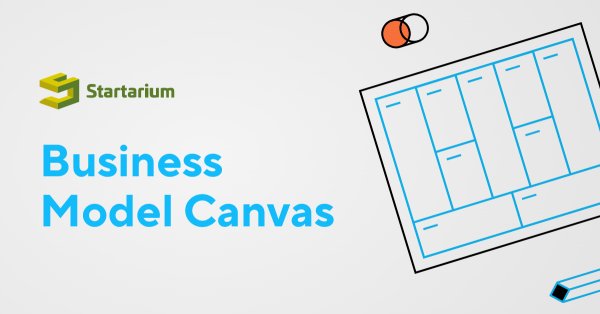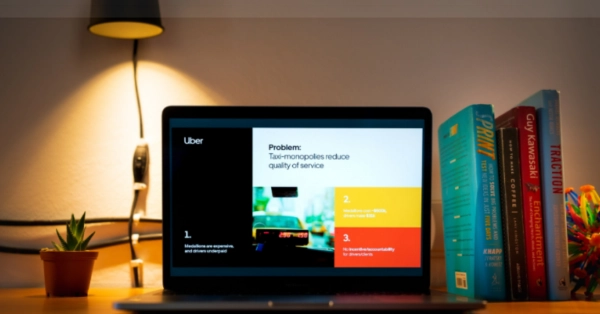Before expanding to other markets, you need to do your research. Even if your product is very popular in our country, things may work differently on another market. Find out from the following material what the most important points to reach before taking any other steps.

When you are preparing to expand in a country different from your home country, it is very important to understand the local and economic specifics. Here are the 8 things to keep in mind:
The first thing I’ve learned is that you have to buy before you sell. By stepping into the role of customer before selling your products or services, you will learn a lot about business culture.
When thinking about entering another market, I think the best approach is to first see what the local customer service culture looks like:
-
How do they treat you before and after you buy?
-
Can you provide a better service?
-
Do they offer better quality than you?
-
Do you have a competitive offer?
-
Can you collaborate with them?
The second thing is business etiquette, which is very important.
It's even more important than what you sell or how you do it. In many countries, street culture is not the same as business culture. In business environments, the western or American influence is very strong. European and an American offices may look similar, but people behave differently in those offices. To get closer to a customer or to sign a contract, you need to understand why they do what they do in that office and their business culture.
There are many things to discuss here and I will try to summarize some of them:
-
The way you speak and your body language are very important.
-
Secondly, the way you dress: some people think that wearing a suit and tie is enough. But there are several factors to consider here. When you're wearing a tie, who else in the room is wearing a tie? Who do you talk to when you wear a tie? There are many things that you may not notice at first glance, but which the success of the business may depend on.
-
Handshake - in many cultures a firm handshake is considered to show that you are confident or trustworthy. But things are not the same all over the world - in the Middle East, where I come from, this gesture is considered childish. Here, a confident person will shake hands gently, sometimes just by touching your fingers. And in Japan, they don't use this gesture, they just bow.
Another thing to keep in mind is that you need to be there physically - since you're going to expand to another country, it’s only fair that you go there, because what you find on the internet won't be comprehensive enough. So I recommend you to go there, walk the streets, talk to the locals, see who buys what: how people behave offline (because not everything we see online is the absolute truth). That way I think you will have a clearer picture.
The next step is to educate, be present on the local market and set a benchmark. And educating is not always about self-promotion.
It's also about testing your audience: am I too behind for them, or am I too ahead? Will they appreciate what I do? Is it too early to introduce my service to them? Have they already advanced or I cannot rise to their level?
This will only happen when you communicate with the local community through education, courses, meetups or events. But you will need to be the speaker, not just do networking, you will need an audience. It's better if you're a speaker at an event, because that way you'll get a broader perspective of the community, thanks to the feedback you get - are they ready for my product or are they too advanced for it - and for that you need access to a wider community, not just 1-on-1 conversations.
When entering a new market, you don't always have to be in competition with others. You can collaborate with your competitors. If you expand to Germany or Egypt, for example, you should go and scan the market for a month or two, see who is the market leader and why and who is second and why. You will be surprised to see that when you go to talk to the big players on the market, they will tell you "We were actually thinking about outsourcing part of our services and we think you would be the right partner for that".
It also a good idea to bet on the number two on that market. The market leader will always be too big or too comfortable to worry. But number two always wants to become number one. Number two will listen to you and see you as a collaborator from another country. Number two will always see that there is room for improvement, because the market leader is the one which sets the benchmark or shows what the destination is.
I always say that feedback is pure gold - there are things more valuable than money. Feedback helps you build a better product, and things are the same on a new market. Go there, talk to the locals to understand why they would pay for the product and why they wouldn't.
The next step is to hire a "glocal". When people ask me what that means, I tell them it's a local with a global mindset. This person's role is to create bridges between you as a foreigner and the local community - they can translate the feedback, which I was talking about earlier, into your own language.
The last thing I would like to point out is that it’s better to go somewhere where you are welcomed, not tolerated. That means go somewhere where you have room to innovate, in other words somewhere where the Blue Ocean Strategy principles apply, rather than somewhere where you have a Red Ocean market.
Moe Zidan is the CEO of Ryyse Ventures . He has worked for Facebook Malaysia and foodpanda Malaysia, where he was part of the team that expanded the company's operations in the region. Former CEO for FastOrder Romania, Spain and Egypt.
He has received the Global Leadership Excellence Award at the World Leadership Congress Award 2016 and the Golden Globe at the Tigers Award 2015 (Social Media & Digital Marketing).























